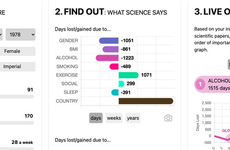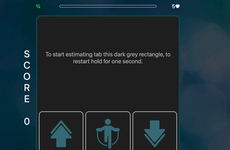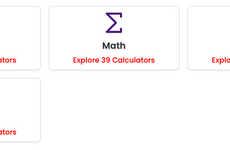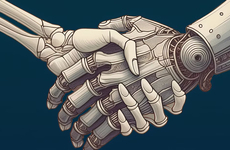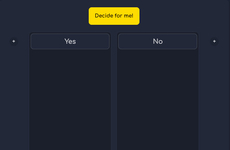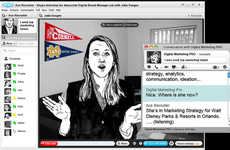
This Infographic Acts as Your Life's Probability Calculator
Jonathon Brown — November 30, 2012 — Lifestyle
The chances of winning the lottery are low, but this probability calculator infographic explains just how low they are compared to other crazy things that could happen to you.
For instance, there's a one in two chance you'll get some form of cancer in your lifetime. However, it's not all doom and gloom because there is a one in 36 chance you'll be selected to play on the Price Is Right if you attend as part of the studio audience.
The random probability calculator continues with a one in 500 chance your child will be born with 11 fingers or toes. There's a one in 22,000 chance you'll become a pro athlete. If you're a poker player, there's a one in 649,740 chance of getting a royal flush.
For instance, there's a one in two chance you'll get some form of cancer in your lifetime. However, it's not all doom and gloom because there is a one in 36 chance you'll be selected to play on the Price Is Right if you attend as part of the studio audience.
The random probability calculator continues with a one in 500 chance your child will be born with 11 fingers or toes. There's a one in 22,000 chance you'll become a pro athlete. If you're a poker player, there's a one in 649,740 chance of getting a royal flush.
Trend Themes
1. Probability-predicting Infographics - Developing interactive infographics that showcase probabilities can provide unique insights and engage audiences in a new way.
2. Data-driven Visualizations - Utilizing data visualization techniques to present complex probability calculations can enhance understanding and decision-making processes.
3. Personalized Probability Assessments - Creating tools or platforms that allow individuals to input their own data and receive customized probability assessments can empower users to make informed choices.
Industry Implications
1. Education - Integrating probability-predicting infographics into educational curricula can make learning more engaging and applicable to real-life scenarios.
2. Entertainment - Incorporating probability calculators in game shows or entertainment programs can add an interactive element and enhance viewer engagement.
3. Healthcare - Developing personalized probability assessment tools for healthcare professionals can improve risk assessment, diagnostics, and treatment planning.
2
Score
Popularity
Activity
Freshness


